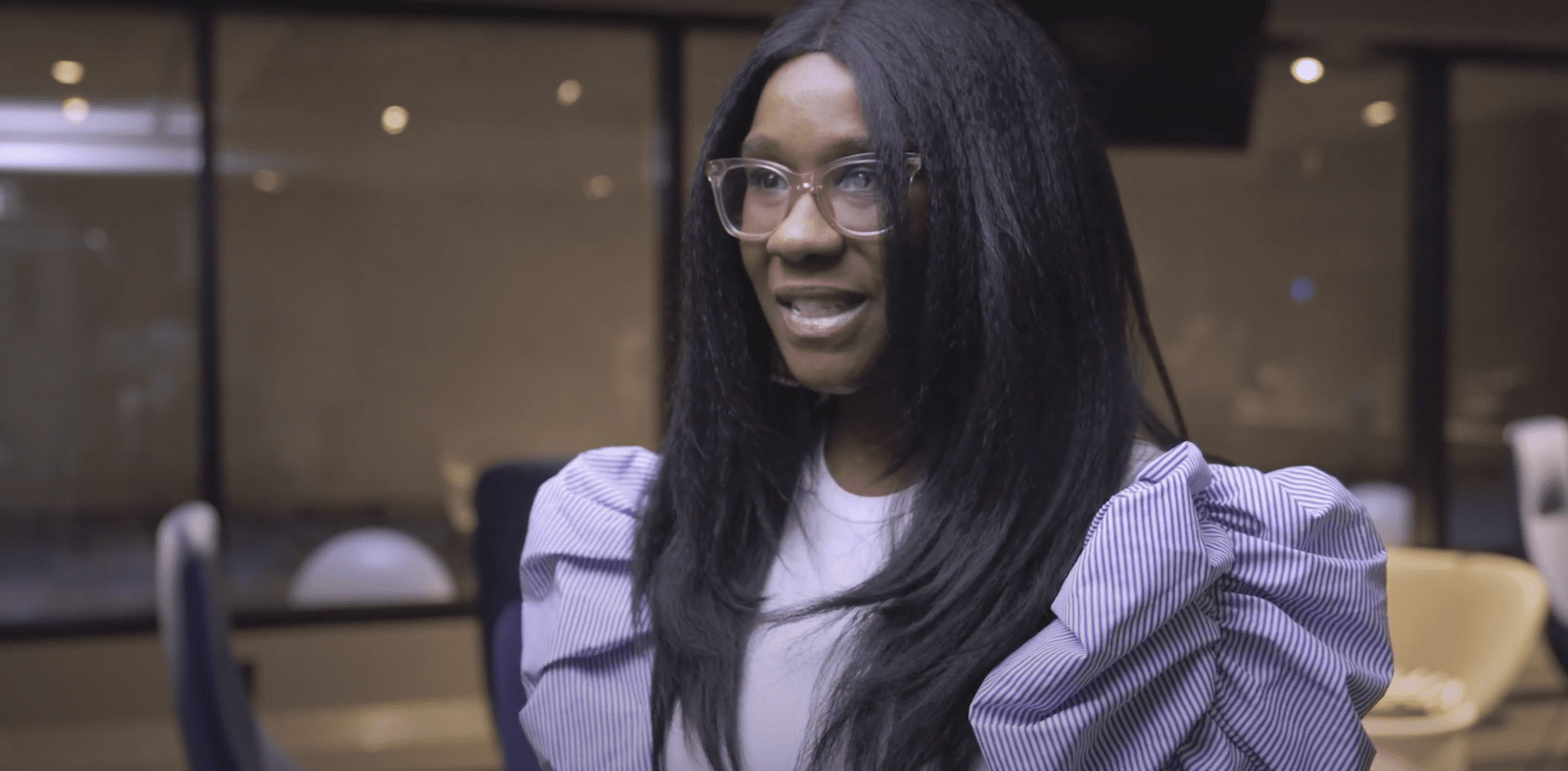3 ways to overcome generational bias at work

The Boomer or Silent Generation founder who can barely operate a touchscreen. The Gen X project manager who turns up their nose at TikTok. The Millennial community manager who wants a trophy for every task. The Zoomer coordinator who doesn’t know where to stick the stamp.
No matter what industry you work in, it may feel as if older colleagues are frequently mocked for their old-fashioned ways, while younger ones are criticized for a lax work ethic. With five generations now active in the workplace, our biases are creating tensions that can impact office culture, workflow and performance. If you can’t build relationships with the people you work with, how will things ever get done right?
But what if these disparities could actually be leveraged for greater learning, productivity and creativity? To the benefit of all generations? And even more so for women? Here are 3 ways to overcome generational bias.
1. Acknowledge that generational bias exists
It’s easy to believe that your frustration with a colleague’s cluelessness is a natural reaction. Although this assessment may sometimes be true, we have all been guilty of unconsciously reverting to generational stereotypes (and memes!) to express that dissatisfaction. But in order to break implicit bias of any kind, to break it, we must first acknowledge that it exists.
“It’s important to be aware of generational tension—loosely defined as a lack of respect for someone who’s of a different generation from you—among colleagues,” explains Jeanne C. Meister, author and a founding partner of Future Workplace. “It’s your job [as leader] to help your employees recognize that they each have distinct sets of skills and different things they bring to the table”.
2. Focus on collaboration
The best way to break with generational bias is prioritizing collaboration over competition. In organizations with a more traditional leadership model based on hierarchy and authority, everyone tends to get placed in a pecking order. Consequently, when every peer is perceived as a potential threat to your success, it’s easy to paint some of them in a negative light.
But what if you frame that person as a partner instead of competition? A voice to be heard during the decision-making progress? This can be as simple as asking, “What do you think?” Even if, ultimately, you don’t take their advice every time, making space for their opinion generates trust and good faith between colleagues. Making someone feel valued and seen is something that all of us, regardless of generation, appreciate.
Taking it to the next level, you can also build mixed-aged work teams, where discussion and collaboration is unavoidable. Studies show that colleagues often learn more from each other than they do from formal training and that being part of a mixed-aged group increases motivation for everyone involved.
This probably comes from the fact that older workers feel energized when teaching the next generation, and younger workers feel greater engagement when they learn from older colleagues. And as we all know, happier people are more creative, more productive people.
3. Elevate one another!
Taking a collaborative approach that engages through active listening and discussion is not a hard sell. When it comes to women in leadership, we are already implementing greater collaboration in the workplace anyway.
In fact, female leaders “are more likely to coach, mentor, and develop their direct reports than male leaders… using feedback and direction to help people grow.”
Collaboration comes naturally to many of us, yet a competition mindset is blocking our growth. If we can manage to get past generational bias, we can get back to the important task of directing all our energy towards elevating ourselves and the other talented people we work with! As Bill Nye, a well-known Boomer, once said, “Everyone you will ever meet knows something that you don’t… Respect their knowledge. Learn from them. It will bring out the best in both of you.”
Follow us on Facebook and LinkedIn, and subscribe to our newsletter for all of the latest contents








